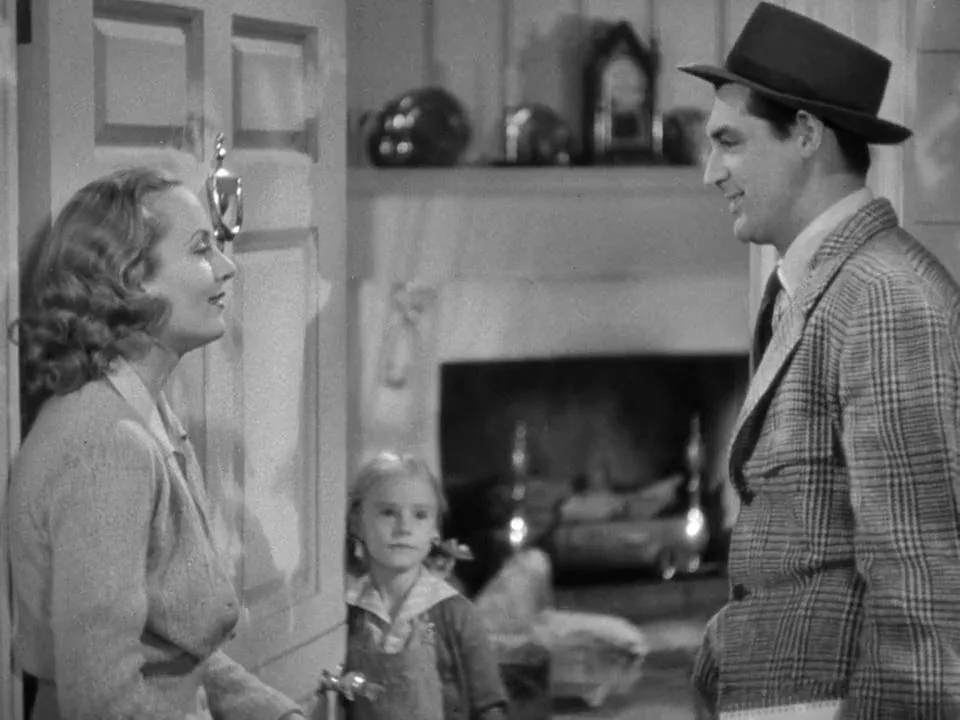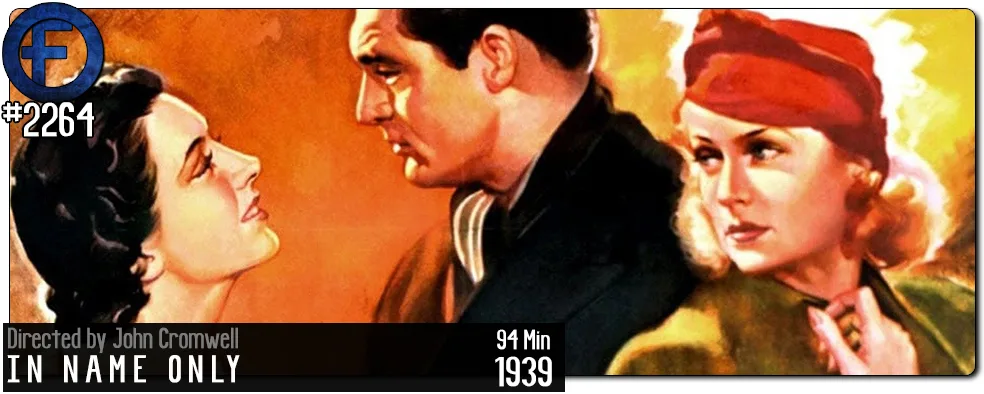Movie Review – In Name Only
Principal Cast : Cary Grant, Carole Lombard, Kay Francis, Charles Coburn, Helen Vinson, Katherine Alexander, Jonathan Hale, Nella Walker, Alan Baxter, Maurice Moscovich, Peggy Ann Garner, Charles Coleman.
Synopsis: After a wealthy man finds out his wife is a gold digger, he meets and falls for a widowed mother, and complications ensue.
********
Pre-Oscar-winning Clark Gable teams with legendary Hollywood actress Carole Lombard for the conspicuously droll melodrama In Name Only, a film in which the film’s antagonist is the best part of the whole thing. While the on-screen pairing of Cable and Lombard is perfectly acceptable and notably clean-cut, In Name Only boasts a truly remarkable performance from co-star Kay Francis, who plays Gable’s cuckolded wife and turns in both an empathetic, cruel, and appropriately venal turn in what is one of the more surprising aspects of this otherwise pretty bland endeavour.
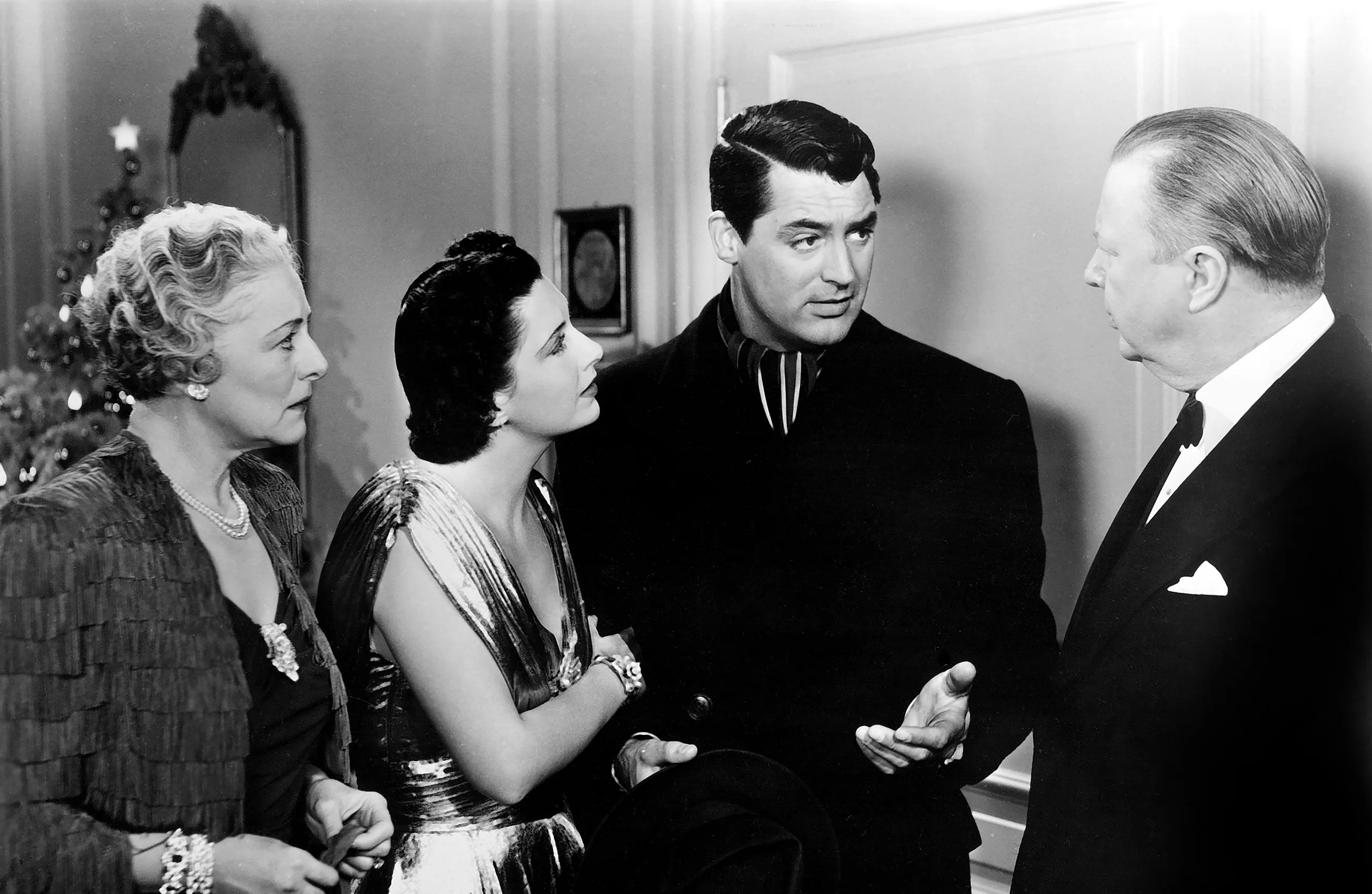
Cable plays wealthy businessman Alec Walker, who floats through life in a loveless marriage to Maida (Kay Francis), before meeting and falling in love with the blonde beauty, fashion designer Julie Eden (Lombard), which whom he begins a highly indiscreet affair. Maida, who only remains married to Alec so she can inherit his parents’ wealth when they pass, confronts Alec about his infidelity, to which he declares he wants a divorce, resulting in a protracted tit-for-tat feud in which his parents, Richard (Charles Coburn) and Grace (Nella Walker) stand firmly on the side of their daughter-in-law, putting the relationship between Alec and Julie in terrific peril.
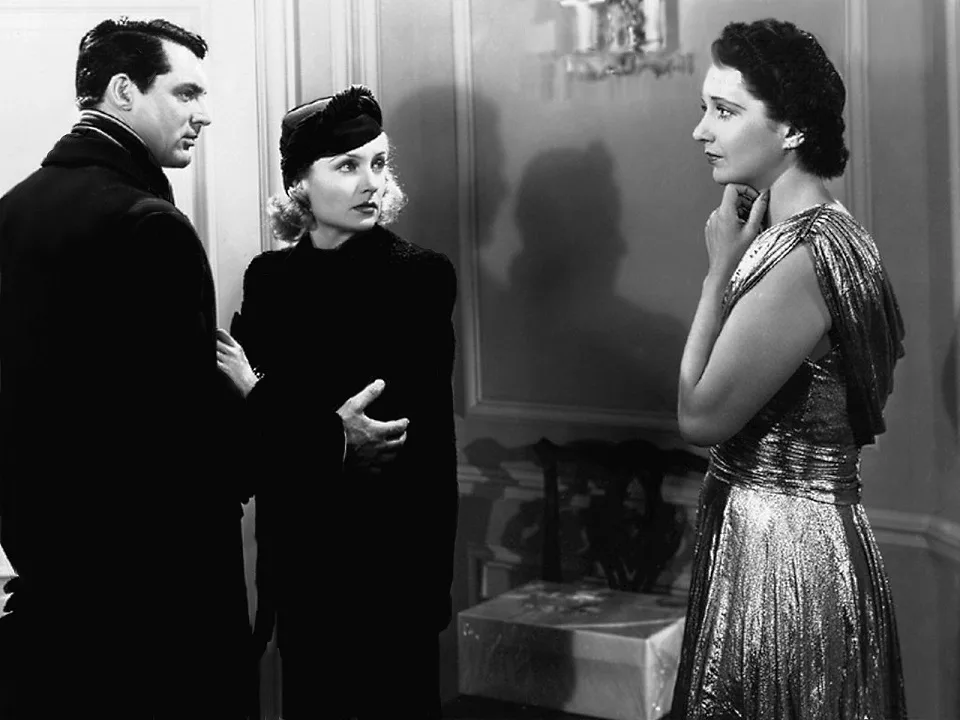
Old-timey melodramas like In Name Only, which derives its name for the state of marriage between Alec and Maida, might not resonate with modern audiences some nine decades since its release, but they sure as heck promote a Google search around the matter of divorce in the early 20th Century. Back then divorce was seen as a dreadful sin, moreso for the woman who would be clouded socially by a stigma, while the man (typically) would be free to move on and find another wife. The film plays heavily into this negative connotation – please note I am not condoning divorce as some marital fix-all for a problematic union, but rather the status of it as some kind of future career or relationship killer as it pertained to be in the first half of the 1900’s feels inordinately skewed in favour of men – and viewed through the lens of what must have been a remarkable time to be a woman in the 1930’s, one gets the sense that the stakes in this terrible ménage-a-trois plot are high enough to form the centrality of the film’s second half.
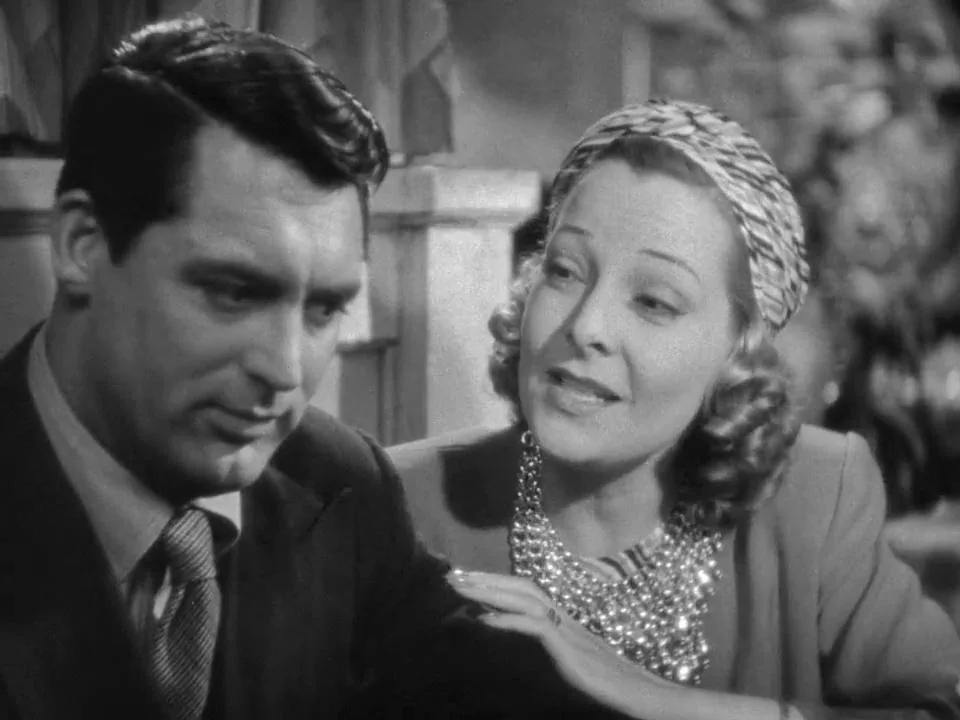
The screenplay, by Richard Sherman (no relation to the Disney music composer of the similar name, at least that I can find) is based on Besse Breuer’s 1935 novel Memory Of Love, a book I’ve never read but was obviously optioned to RKO Pictures as a way of filling their release schedule in the heyday of Golden Age Hollywood. The story isn’t very surprising – a man in a loveless marriage falls for another woman and can’t escape his matrimonial vows without hurting his spouse – and the character arcs follow quite predictable pathways as Gable’s Alec, Lombard’s Ms Eden, and Kay Francis’ towering Maida make for quite sentimentalist viewing in what turns into a benign, almost whitewashed foray into suggesting infidelity in wedlock is not all that bad, actually. Sherman’s dialogue is pretty florid, settled somewhat by the screen prowess of the high-octane casting – a production note on the film indicates that Katharine Hepburn was intended to play the role of Ms Eden, with the studio baulking following the disastrous reception of Bringing Up Baby the year beforehand, leading to Lombard being given the role, and I can only imagine how torturous a talent like Hepburn would have found this quite scandalous material.
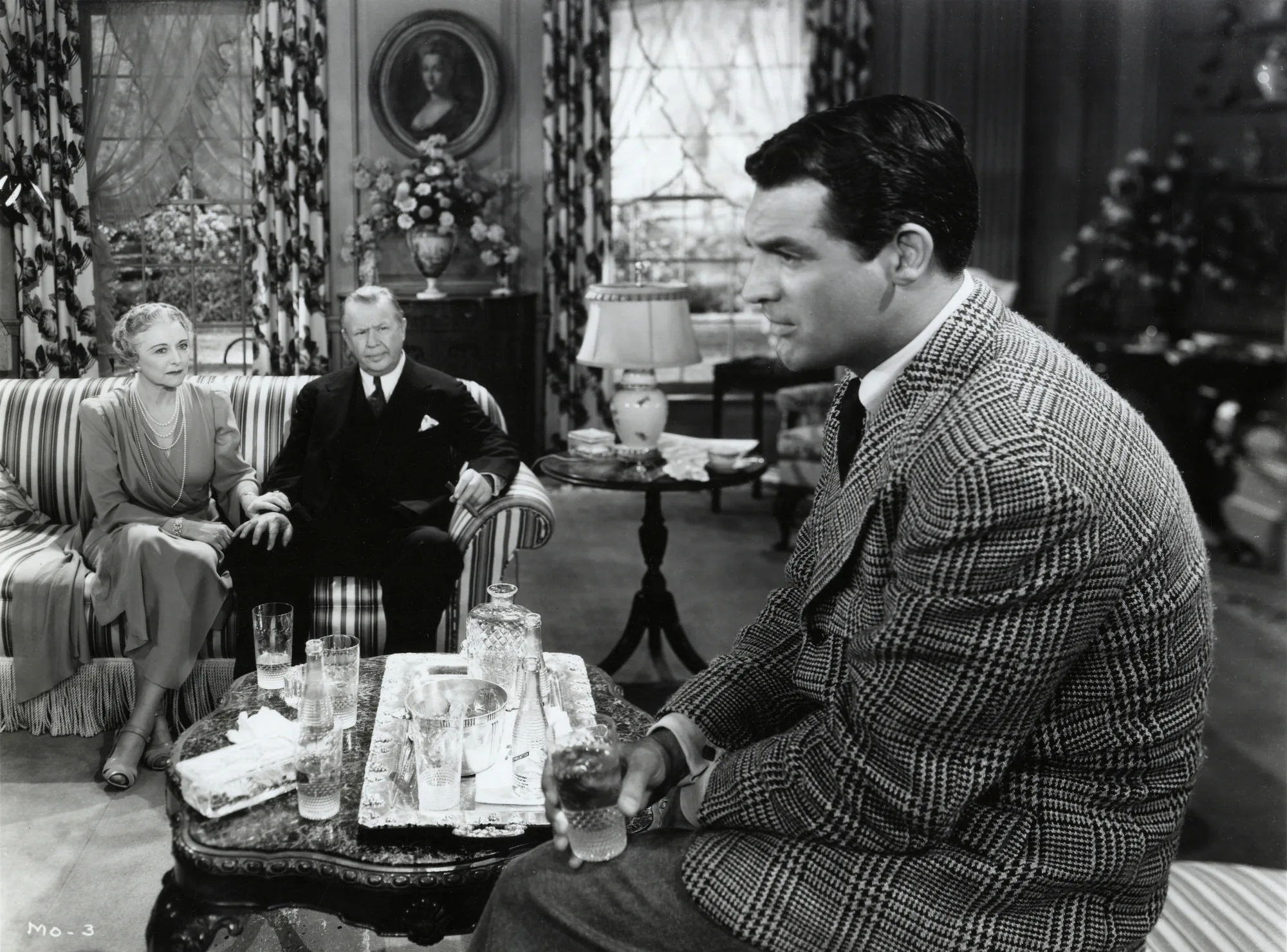
Clark Gable is as solid a leading man as he ever was, even here with this tish-tosh material. The film expects little of him but to look like a square-jawed leading man and he expounds on that quite well, offering a sturdy washboard uprightness alongside Kay Francis’ tremendously effective work as his estranged wife. Francis, it should be said, has the devil’s work cut out for her in making Maida both a sympathetic, spurned wife as well as a villainous thorn in the relationship between Gable and Lombard; at first you start to think Gable is an absolute cad for coldly leaving Maida the way he does, and then slowly you come to realise that she isn’t quite the tremulous soft flower she portrays to Alec’s parents. Francis’ work as Maida is frighteningly good, and in a better film as the arch-villain, a spurned woman seeking the only revenge she can get in refusing her husband a divorce, she’d be winning all the awards. Lombard, although the title star, offers scant entertainment as the diffident and quite soft-backed Julie Eden, the object of Alec’s desire despite doing almost nothing to deserve it. While Lombard and Gable have terrific screen chemistry, the characters are written so poorly you wonder what each of them see in the other. The pair’s central Great Love never attains the lustre needed to offset Kay Francis’s on-screen scheming.
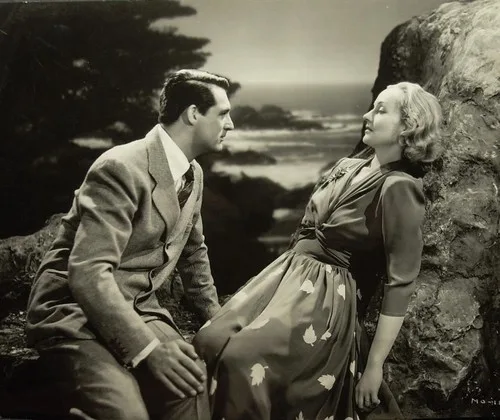
In Name Only is a solid, but ultimately unremarkable melodrama love story that’s salvaged only through the work of Kay Francis. She’s a wonderful boo-hiss antagonist, with part of me wondering what happened before the film opened to see her turn into such a venomous, shrill monster like this, but then if Clark Gable treated me like shit too I guess I wouldn’t be too happy about it. Different thinking for a different time, I guess. The film is handsomely mounted and deftly directed, but lacks showmanship when it seems content to simply focus on the trio of main characters, and I guess although I can recommend it to anyone wanting a classic film to watch there’s not much meat on the bones. Good enough, could have been better.
